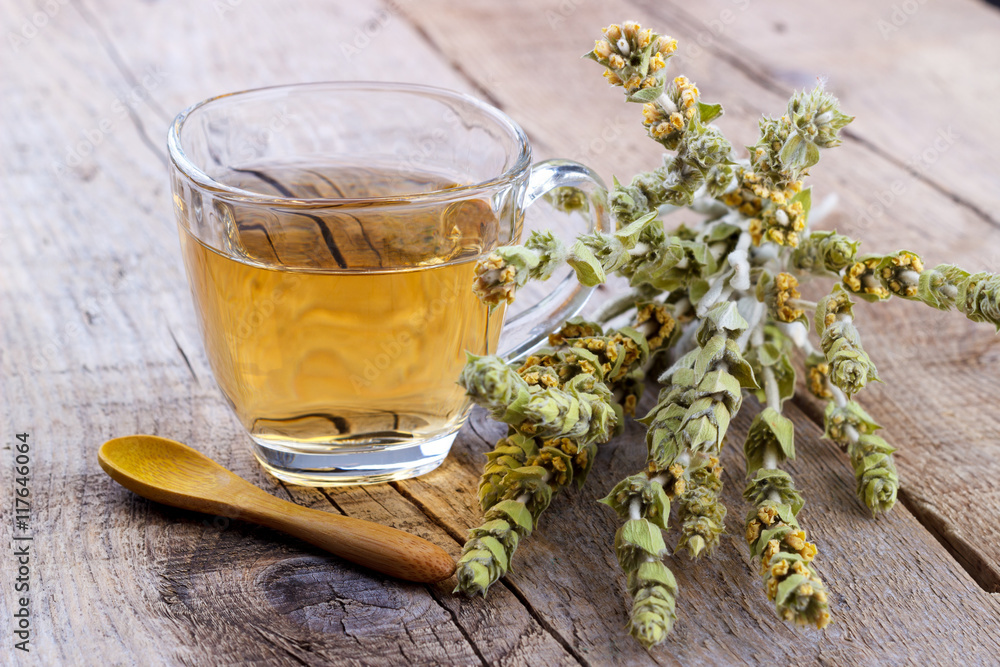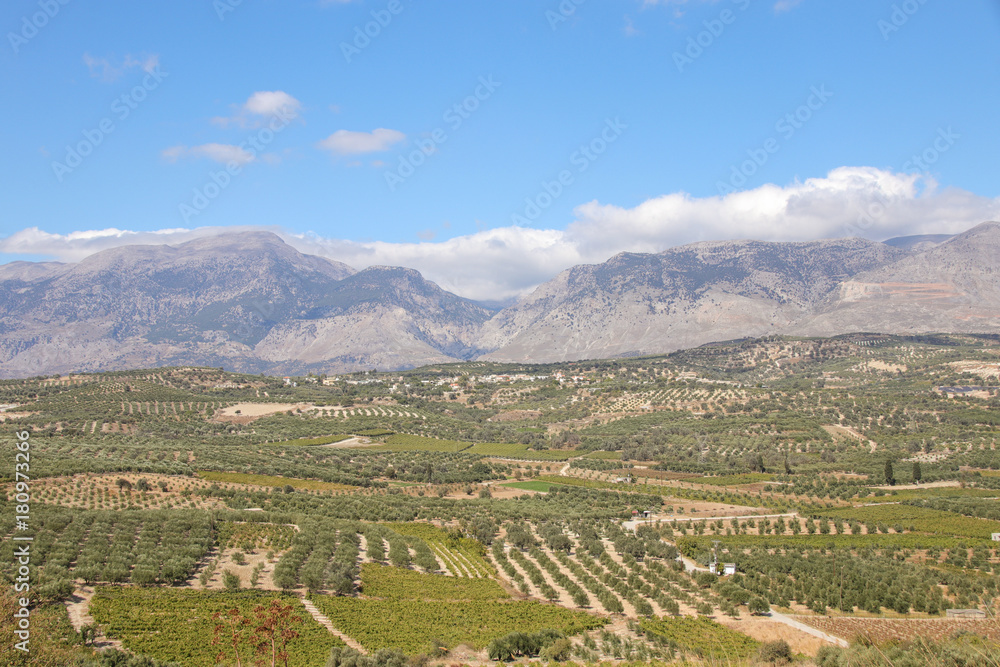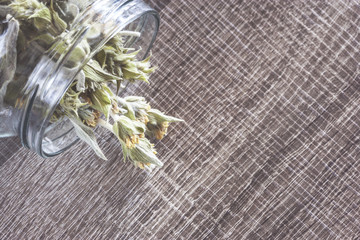Ironwort
This inconspicuous plant harbors a secret of verve known to ancient warriors. Today, forgotten and pushed out of consumers’ consciousness by other infusions such as Matcha or the more known herbs and teas. In this article, I will try to put history and origin of the ironwort in the spotlight by sketching the story behind this brew that is underestimated by the world.
Scardic sideritis
Around 140 plant species are found in the Mediterranean, the Iberian Peninsula and the Balkans. These countries include Northern Macedonia, Albania, Bulgaria, Turkey and Greece. It is a herbaceous plant, perennial. It grows in the mountains, needs a moderately dry soil and plenty of sunshine. You can find the dwarf cock in a dozen intricate plants. The flowers appear in the second year of life of the plant, are yellow and resemble spikes in appearance. The harvest period is between June and August.
A short story
In ancient times, a brew of tongue healing was administered to wounded soldiers as a strengthening drink for faster wound healing. Its properties have already been recognized and described by the ancient Greek physician Hippocrates and the pharmacologist and botanist Dioskurides. In England, the toe fungus was called “shepherd tea” because only they had access to the rare herb. Today, shepherds, mountain hikers and town hybrids have it on their menu.
The tea
The mountain tea weed naturally grows at high altitude – from 1000 m above sea level in this Olympus, where it was harvested earlier. The locals advertise it as a “Zeus drink” because of its diverse health characteristics and origins. It is recommended as a local specialty that is worth a try. The taste is usually described as pleasant and slightly herbal. As I have already mentioned, cervix are steamed herbs that are drunk hot. You can hardly find it with other variants or additives, although, as with other infusions, you can let your imagination run wild and create your own drink based on the classic germ. In the Balkans, the herb is used not only as a drink, but also as a spice for food.
Place of ironwort in the „vege shelves”
Then why hasn’t anyone heard of ironwort? Why isn’t it on the shelves at tea or in the trendy vegan stores? Wouldn’t it make sense to add a new product to the café offering? A refreshing herbal drink would be great on the market and has the potential to become a new matcha. Also due to its origin, it would meet the taste of those who are willing to try new flavors from different parts of the world. Certainly, the medicinal plant is a good supplement to a healthy or even healing diet, which would extend the consumer base to particularly health-conscious people.



